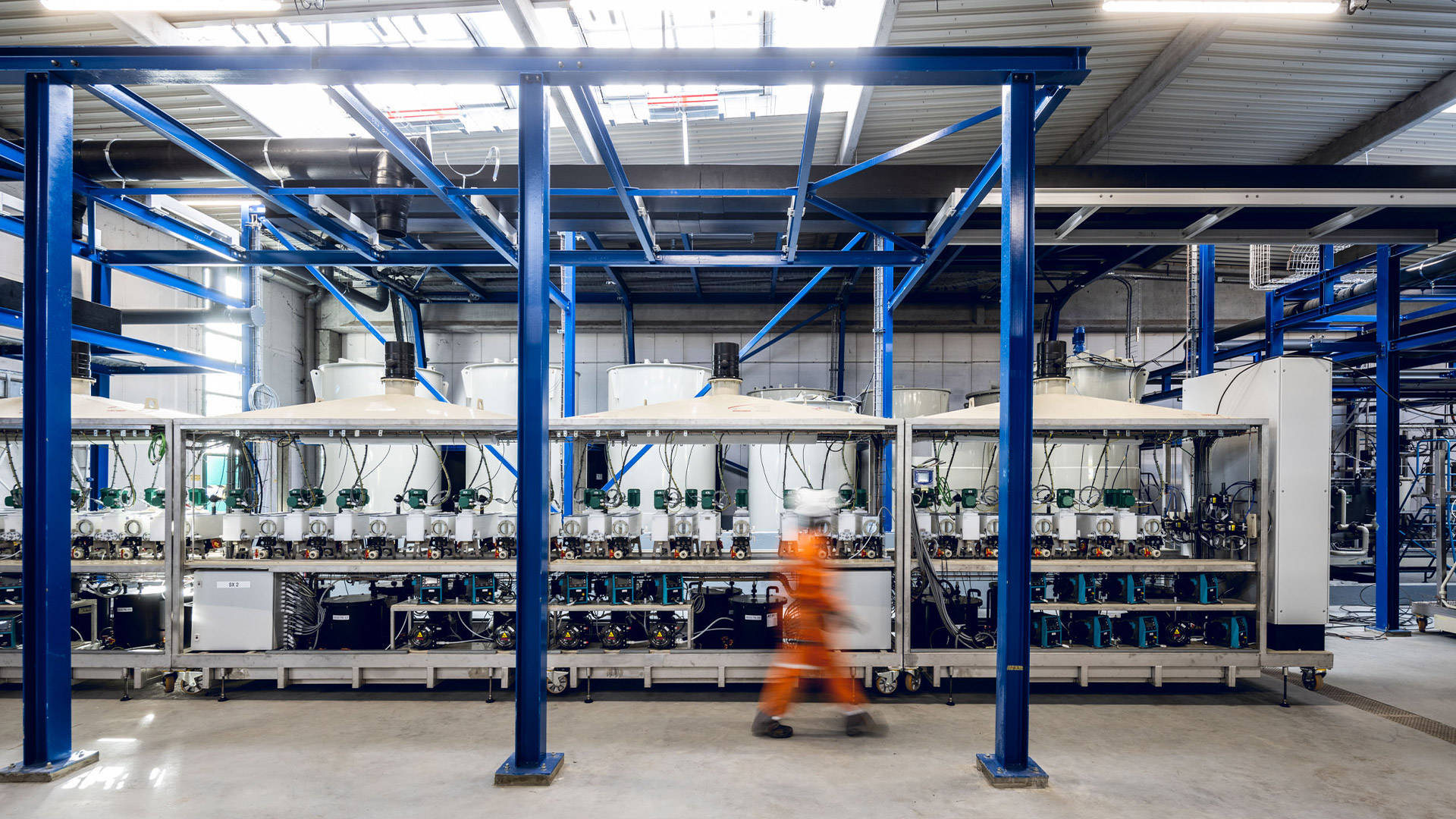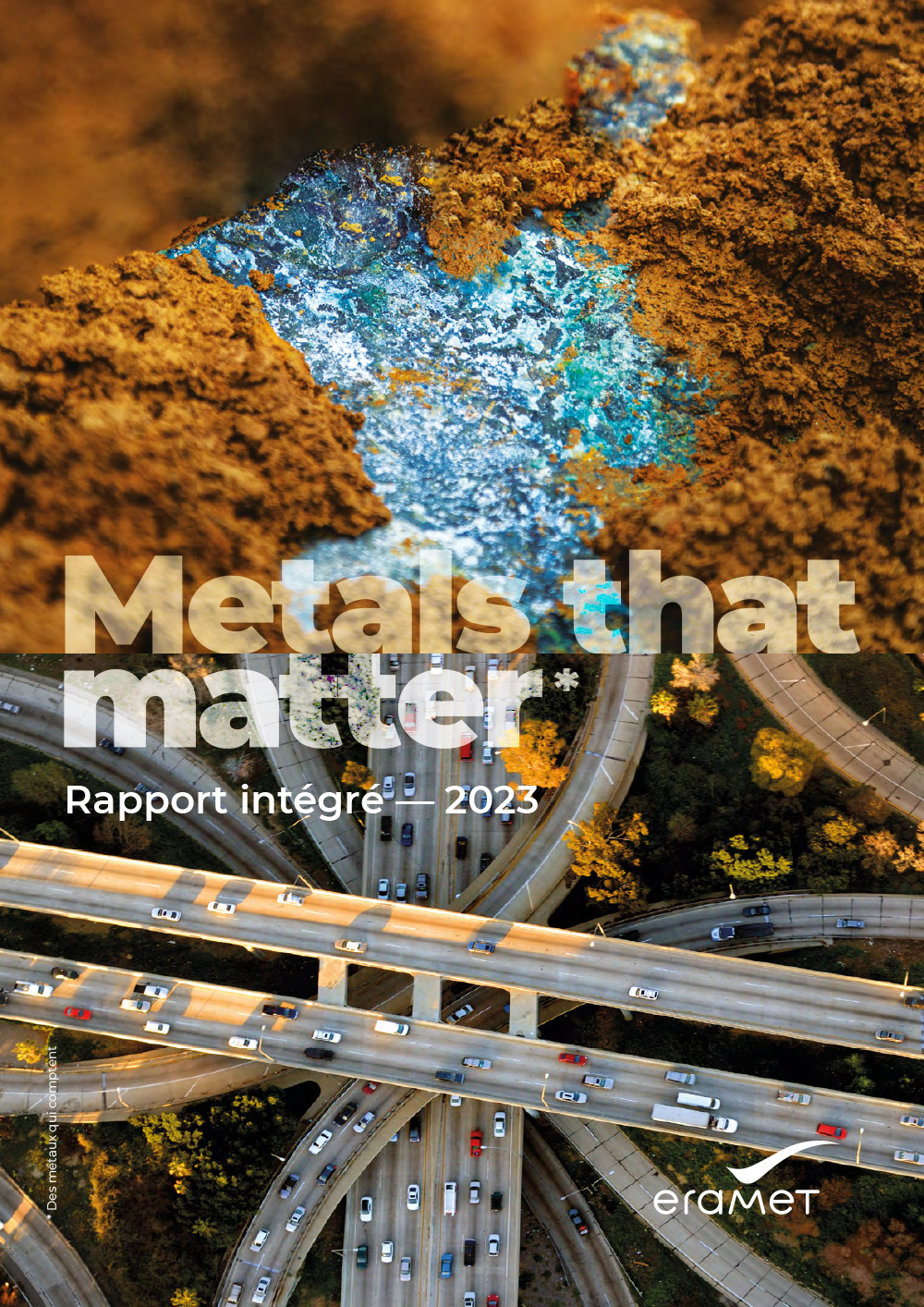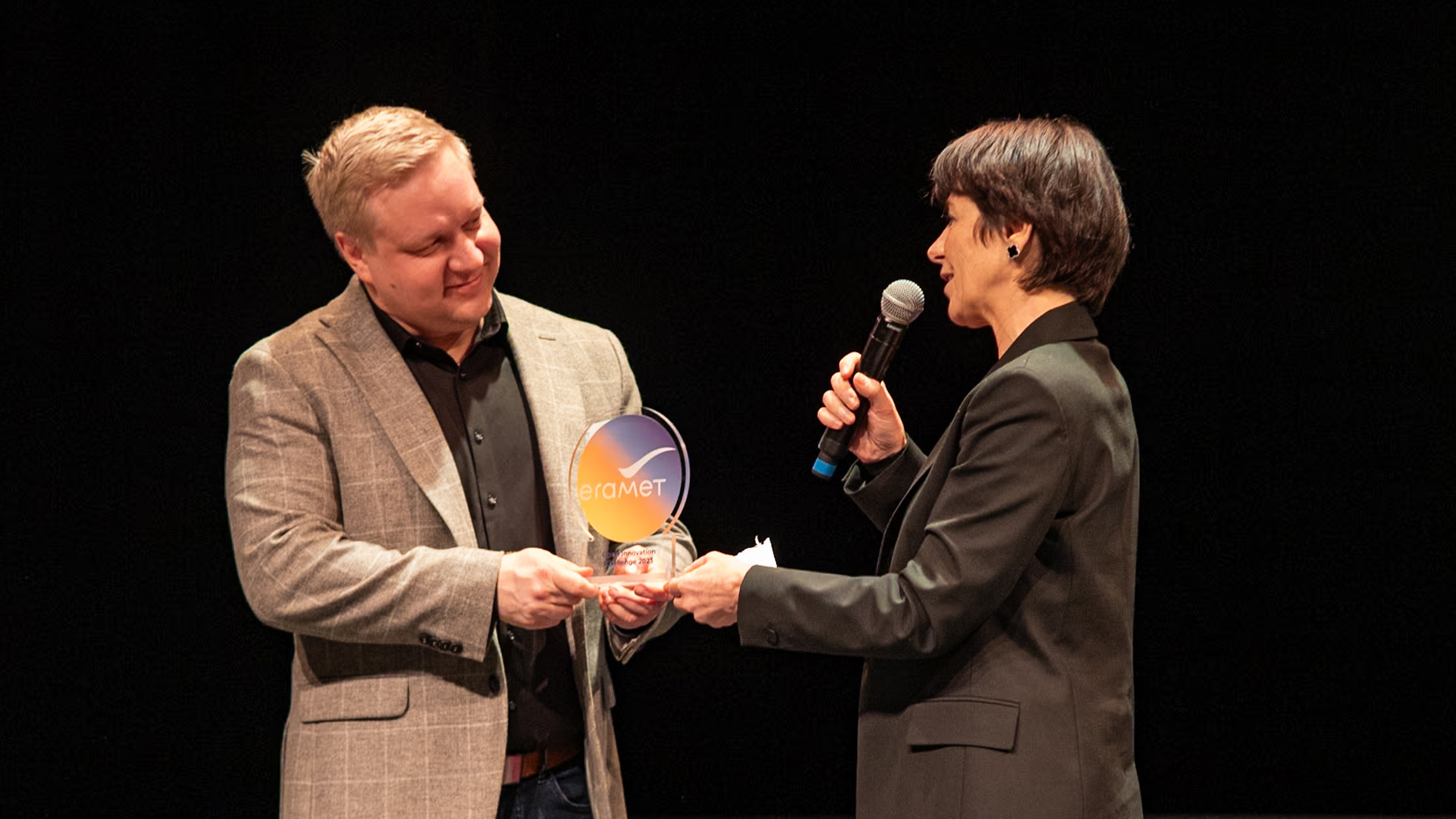This facility is a 1:1,000 scale replica of the plant due to be built in Dunkirk (59), with start-up scheduled for 2027, subject to a final investment decision expected by the end of 2024.
The creation of this pilot plant is a key stage for this project carried out in partnership with SUEZ and aiming to offer a closed-loop industrial recycling solution for end-of-life batteries and scrap from the production of new batteries.
Thanks to its expertise in hydrometallurgy, Eramet’s Research & Innovation Centre, which employs 200 researchers and engineers, has developed a process that can infinitely recycle more than 90% of the strategic metals (nickel, cobalt, lithium) contained in the blackmass of end-of-life batteries and in scrap from gigafactory production.
The high-purity metal salts obtained by this process and produced in Dunkirk will be used to supply the European electric battery industry, helping to reduce the continent’s dependence on the import of critical metals.
The 800 m² pilot plant will be used to test and optimise the extraction and refining process for these metals on a pre-industrial scale, and to qualify the end products for future customers and partners.
This project has received €80 million in financial support from the European Union’s Innovation Fund and BPI France, through its “Critical Metals Call for Projects”, part of France 2030 program. These funds will be used to finance pre-industrialisation studies, plant construction and operating costs for the first 10 years of operation.





